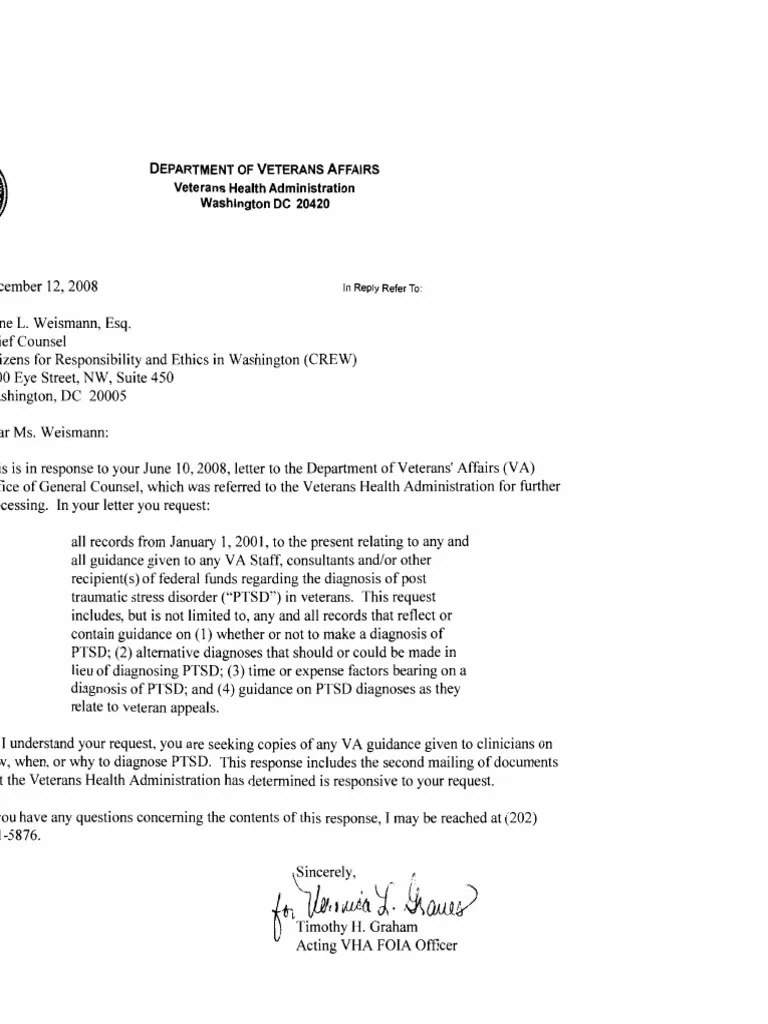Understanding the Importance of a Veteran Cover Letter
A well-crafted cover letter is a critical tool for veterans navigating the civilian job market. It serves as your first introduction to a potential employer, providing an opportunity to showcase your unique skills, experiences, and qualifications in a way that a resume alone cannot. For veterans, this is especially important because it allows you to translate military jargon and experiences into terms that hiring managers can easily understand. A cover letter is not merely a formality it’s a powerful marketing document. It allows you to explain your career goals, highlight why you’re a strong fit for the specific role, and express your enthusiasm for the opportunity. A strong cover letter can significantly increase your chances of landing an interview and ultimately, securing a job. It’s your chance to create a compelling narrative that sets you apart from other candidates and demonstrates the value you bring to the table.
Highlighting Your Military Experience
Your military experience is a treasure trove of transferable skills and valuable attributes that employers seek. The key is to present this experience in a way that resonates with civilian hiring managers. Instead of simply listing your military roles and responsibilities, focus on highlighting the skills and accomplishments gained during your service. This includes leadership, teamwork, problem-solving, discipline, and the ability to perform under pressure. The most effective cover letters for veterans provide concrete examples that illustrate these skills. Think about specific projects, missions, or situations where you demonstrated these abilities. This provides tangible evidence of your capabilities and makes a more persuasive case for your candidacy. Remember that military experience often translates directly into skills highly valued by employers across various industries.
Translating Military Skills to Civilian Terms
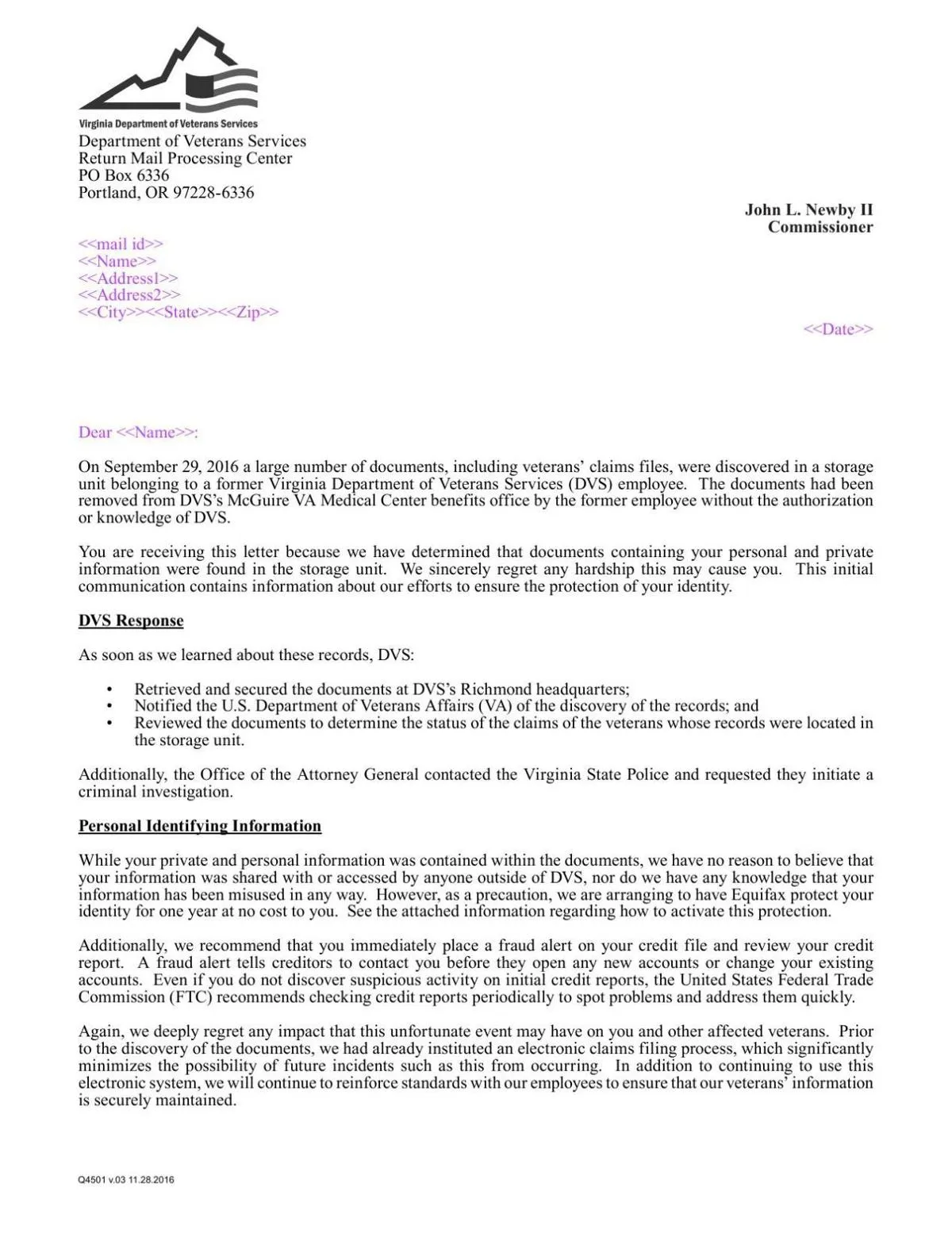
One of the biggest challenges for veterans is translating military jargon into terms that civilian employers understand. Military acronyms, technical terms, and unique operational procedures can be confusing to those unfamiliar with the armed forces. Therefore, it’s essential to translate your military skills and experiences into civilian-friendly language. For instance, instead of saying you were responsible for ‘supply chain management,’ you might say you managed logistics, inventory, and procurement, ensuring timely delivery of critical resources. Similarly, a ’team leader’ role could be described as ‘supervising a team of X individuals, coordinating their efforts, and achieving Y results.’ Use a thesaurus to find equivalent civilian terms and provide context when necessary. This process ensures that your qualifications are easily understood and appreciated by hiring managers, regardless of their familiarity with military service.
Quantifying Your Achievements
Quantifying your achievements is a powerful way to demonstrate the impact you made in your military roles. Numbers, statistics, and specific examples add credibility and clarity to your cover letter. Rather than simply stating you were a ‘good leader,’ provide concrete evidence of your leadership effectiveness. For example, ‘Led a team of 20 soldiers, resulting in a 15% increase in mission success rates.’ If you managed budgets, specify the amount you were responsible for and any efficiencies you achieved. If you trained others, mention the number of individuals trained and any improvements in their performance. When describing your accomplishments, use the STAR method: Situation, Task, Action, Result. Briefly describe the situation, your assigned task, the actions you took, and the positive result. This structure helps you present your experience in a clear, concise, and impactful way, showcasing your value to potential employers.
Showcasing Leadership and Teamwork
Leadership and teamwork are two of the most highly valued skills employers seek in veterans. Military service inherently fosters both, so make sure to highlight these attributes in your cover letter. Provide specific examples that demonstrate your leadership abilities. This might involve leading a team through a challenging mission, mentoring junior personnel, or implementing a new process that improved efficiency. For teamwork, describe how you collaborated with others, resolved conflicts, and achieved shared goals. Mention any instances where you had to adapt to different leadership styles or work effectively with diverse teams. Emphasize your ability to motivate others, delegate responsibilities, and build consensus. Employers are looking for individuals who can inspire and guide others, collaborate effectively, and contribute to a positive team environment. Showcasing these abilities will significantly enhance your cover letter.
Tailoring Your Cover Letter to the Job
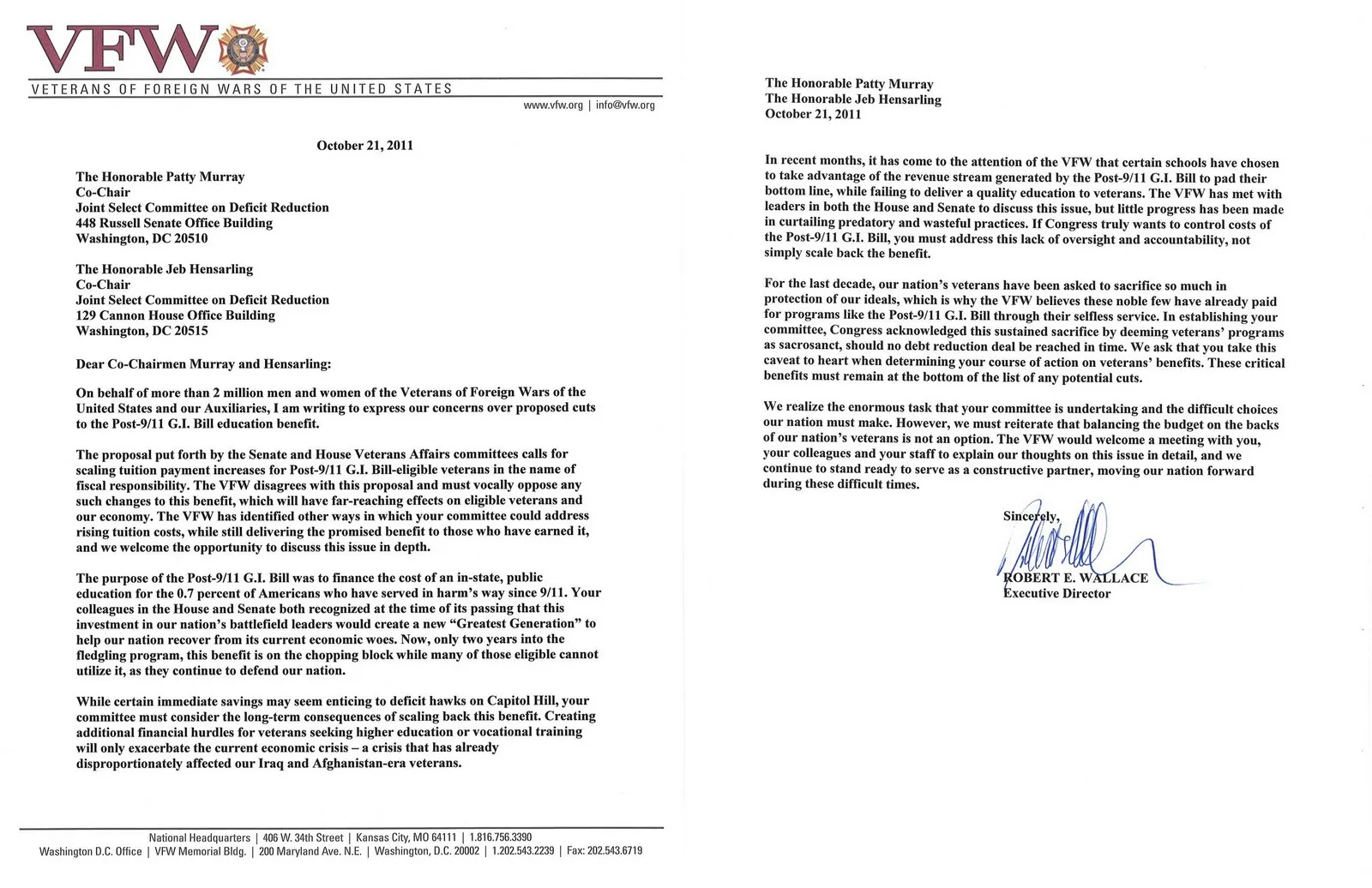
A generic cover letter is a surefire way to miss the mark. Each cover letter should be customized to the specific job you’re applying for. This requires careful consideration of the job description, company culture, and the skills and experiences the employer is seeking. Review the job posting meticulously, identifying the key requirements and keywords. Then, tailor your cover letter to address these specific needs. Explain how your skills and experiences align with the job requirements, providing relevant examples. Don’t just list your qualifications; demonstrate how you can contribute to the company’s success. This might involve discussing past projects, highlighting specific achievements, or explaining how your military experience makes you an ideal candidate. A tailored cover letter shows that you’ve taken the time to understand the role and the company, making a stronger impression on the hiring manager.
Researching the Company and Role
Before you start writing your cover letter, conduct thorough research on the company and the specific role you’re applying for. This demonstrates your genuine interest and allows you to tailor your letter more effectively. Visit the company’s website to learn about its mission, values, and culture. Research the role’s responsibilities and the skills required to succeed. Use LinkedIn to learn more about the hiring manager and other employees. Understanding the company’s goals and challenges will allow you to address the employer’s specific needs in your cover letter. Highlight how your skills and experiences align with their objectives. This personalized approach shows that you’ve done your homework and are genuinely interested in joining the team. By taking the time to understand the company and the role, you will increase your chances of making a positive impression.
Using Keywords Effectively
Keywords are crucial for getting your cover letter noticed by applicant tracking systems (ATS) and hiring managers. These systems scan applications for specific terms and phrases that match the job description. Review the job posting carefully and identify the key skills, qualifications, and requirements. Incorporate these keywords naturally throughout your cover letter. Be sure to use them in your summary, skills section, and descriptions of your past experiences. However, avoid keyword stuffing, which can make your letter sound unnatural and unprofessional. The goal is to integrate the keywords seamlessly into your writing, demonstrating that you possess the required qualifications. Using the correct keywords can increase your chances of your cover letter being seen by a hiring manager.
Formatting and Presentation Tips
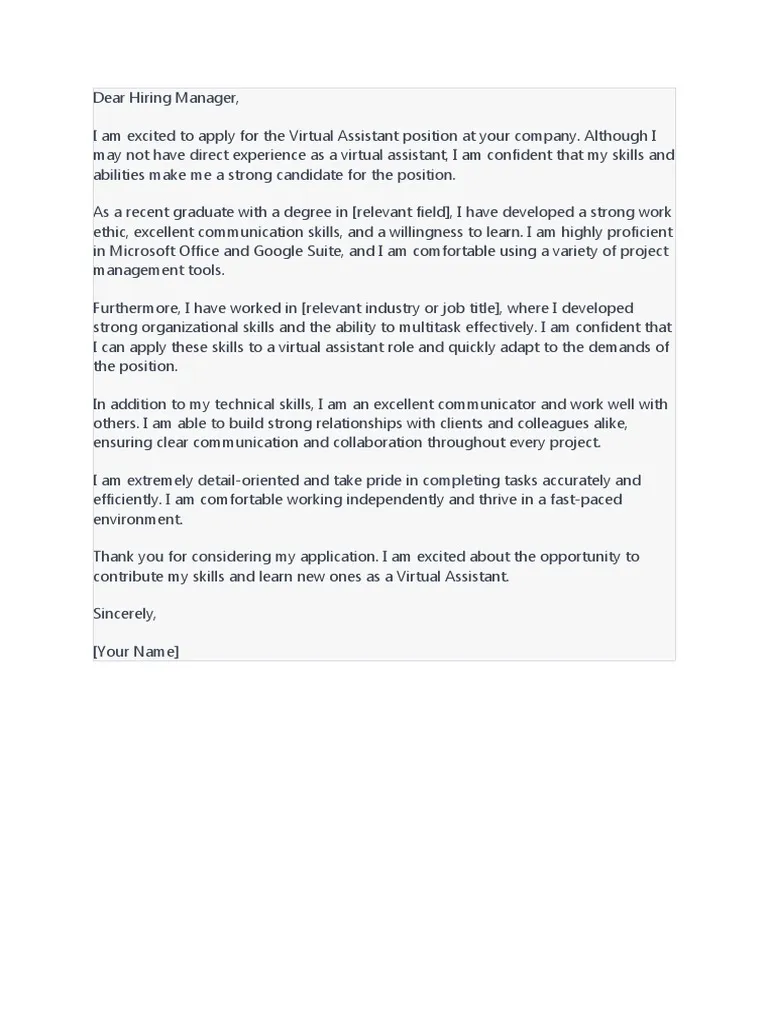
The format and presentation of your cover letter are just as important as its content. A well-formatted cover letter is easy to read, professional, and visually appealing. Use a standard font such as Times New Roman, Arial, or Calibri, and keep the font size between 10 and 12 points. Use clear headings and subheadings to break up the text and make it easier to scan. Maintain consistent spacing and margins throughout the document. Ensure your cover letter is free of grammatical errors and typos. Proofread it carefully, and consider having a friend or colleague review it as well. The layout should be clean and concise, with a clear structure. Use bullet points when appropriate, especially when highlighting skills or achievements. A well-formatted cover letter demonstrates professionalism and attention to detail, leaving a positive impression on the reader.
Choosing the Right Tone
The tone of your cover letter should be professional, confident, and enthusiastic. Avoid using overly casual language, slang, or jargon. Maintain a respectful and appreciative tone throughout the letter. While showcasing your accomplishments, avoid sounding arrogant or boastful. Be genuine, and let your personality shine through. Use a positive and optimistic tone, expressing your eagerness to learn and contribute to the company. Tailor the tone to the company’s culture. For example, if the company has a more formal environment, your tone should be correspondingly more formal. If the company is more casual, you can adopt a slightly more relaxed tone. Be mindful of your word choice and sentence structure to ensure your message is clear and professional.
Proofreading and Editing
Proofreading and editing are essential steps in the cover letter writing process. Errors in grammar, spelling, or punctuation can undermine your credibility and make a negative impression. Before submitting your cover letter, carefully proofread it for any mistakes. Use a grammar checker and spell checker, but don’t rely on them entirely. Read your letter aloud to catch any awkward phrasing or errors. Consider having a friend, mentor, or career counselor review your cover letter as well. A fresh pair of eyes can often spot errors that you might have missed. Pay close attention to the formatting, ensuring that everything is consistent and easy to read. A polished and error-free cover letter demonstrates your attention to detail and professionalism, significantly increasing your chances of success.
Common Mistakes to Avoid
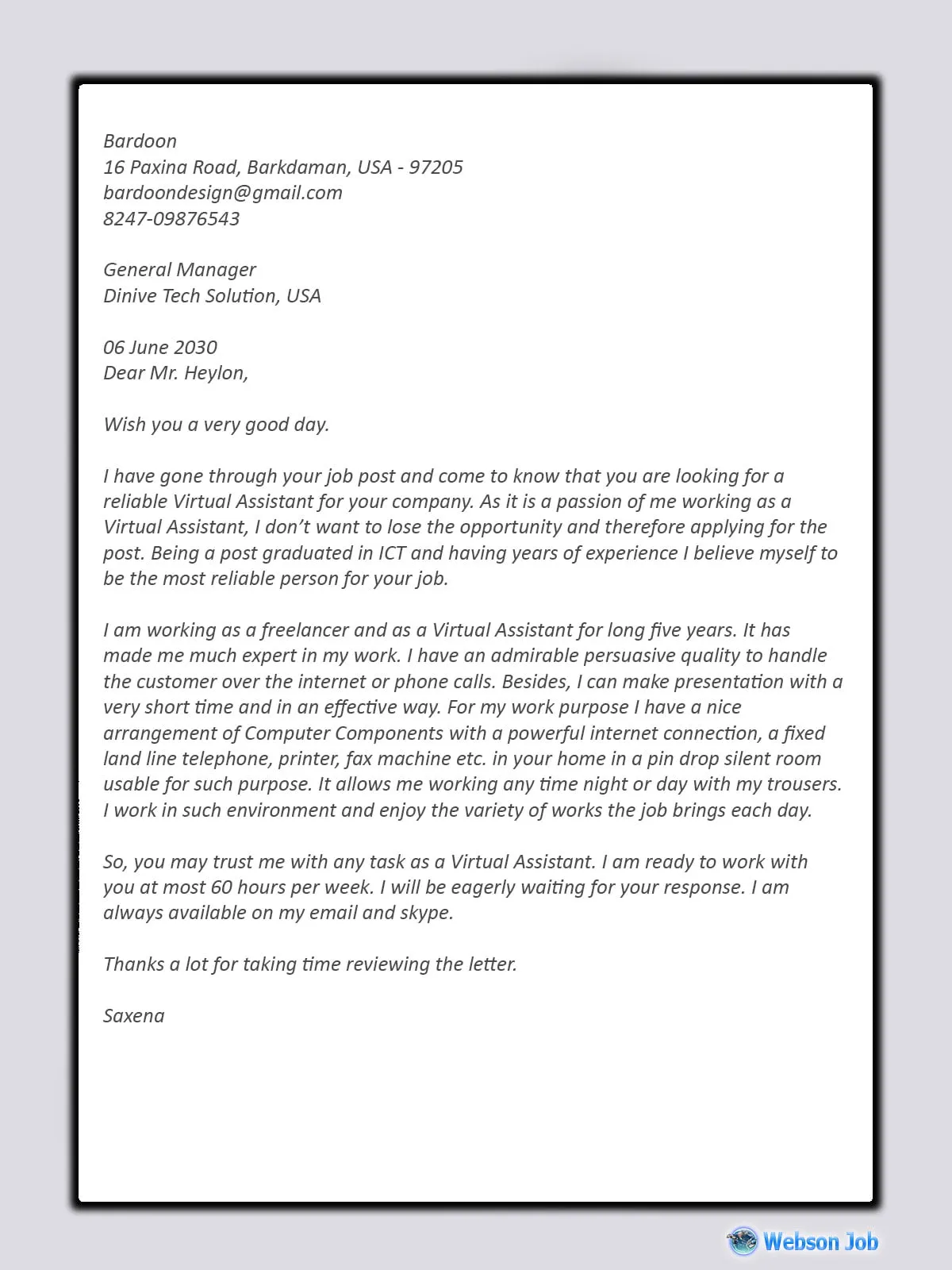
There are several common mistakes that veterans should avoid when writing a cover letter. Recognizing and addressing these pitfalls can significantly improve your chances of success. Avoiding these common errors can make a huge difference in how your cover letter is received by potential employers.
Generic Cover Letters
Using a generic cover letter is one of the biggest mistakes veterans make. A generic letter lacks personalization and fails to address the specific requirements of the job or the company. Generic cover letters make it immediately clear that you haven’t taken the time to research the role or tailor your application. This signals a lack of interest and reduces your chances of getting noticed. Always customize your cover letter for each job you apply for. Highlight the skills and experiences that are most relevant to the specific position and company. This shows that you are genuinely interested in the role and have the qualifications they are seeking.
Focusing on What You Want, Not What You Can Do
Focusing on your personal needs and desires rather than the value you can offer the employer is another common mistake. While it’s important to express your career goals, your cover letter should primarily focus on how your skills and experience can benefit the company. Demonstrate your value by highlighting your past accomplishments, quantifying your results, and explaining how you can contribute to their success. Frame your skills and experiences in terms of the employer’s needs. Instead of saying ‘I want a job that…’, say ‘I am confident that my skills in X, Y, and Z can help your company achieve…’ This shift in perspective will make your cover letter much more persuasive.
Lack of Specific Examples
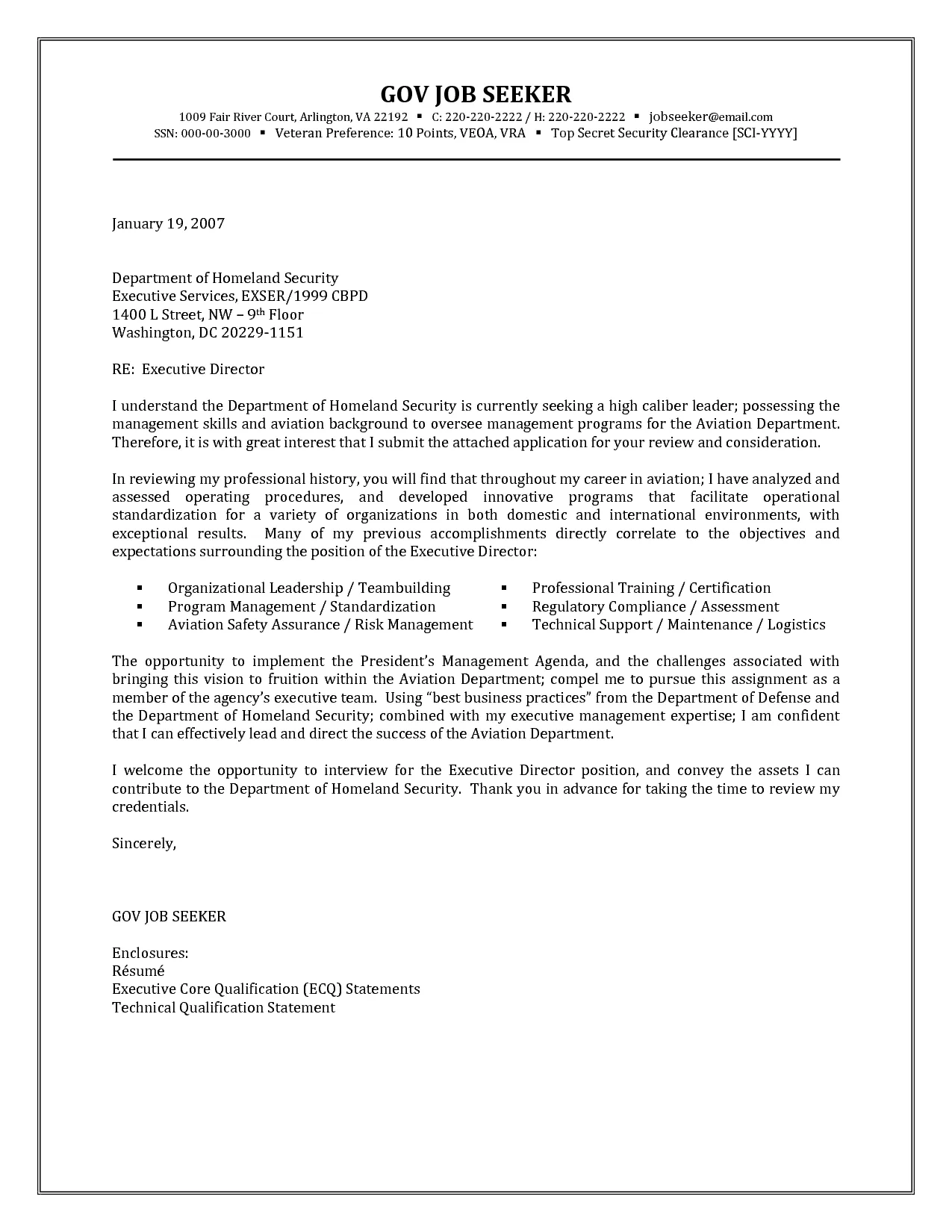
A cover letter without specific examples is often unconvincing. Instead of making general claims about your skills and experiences, provide concrete examples that illustrate your capabilities. For instance, if you claim to be a strong leader, describe a specific situation where you led a team, overcame a challenge, and achieved a positive outcome. Use the STAR method (Situation, Task, Action, Result) to structure your examples, making them clear, concise, and impactful. These examples provide tangible evidence of your skills and abilities, making your claims more credible and memorable. Be specific and provide context, showing rather than telling the hiring manager what you can do. This approach brings your experiences to life and makes your cover letter much more compelling.
Call to Action
Include a clear call to action in your cover letter. This tells the hiring manager what you want them to do next. A strong call to action encourages them to take the next step in the hiring process, such as scheduling an interview or contacting you for more information. Instead of simply ending with a generic closing, such as ‘Sincerely’, make a specific request. For example, you could say, ‘I am eager to discuss my qualifications in more detail and am available for an interview at your earliest convenience.’ Or, ‘I am confident that my skills and experience align with your needs, and I welcome the opportunity to discuss how I can contribute to your team.’ This proactive approach demonstrates your enthusiasm and initiative and increases your chances of receiving a response.
Expressing Your Enthusiasm
Expressing your enthusiasm for the role and the company is a critical component of a successful cover letter. Show genuine interest in the position and explain why you’re excited about the opportunity. Your enthusiasm can make a strong impression on hiring managers, making you a more memorable candidate. Briefly explain what interests you about the company or the specific role. Highlight how your values align with the company’s mission or culture. Enthusiasm helps demonstrate that you’re not just looking for a job, but are truly invested in contributing to the company’s success. Let your passion for the industry or role shine through. A sincere display of enthusiasm can make you stand out from other applicants and increase your chances of getting an interview.
Providing Contact Information
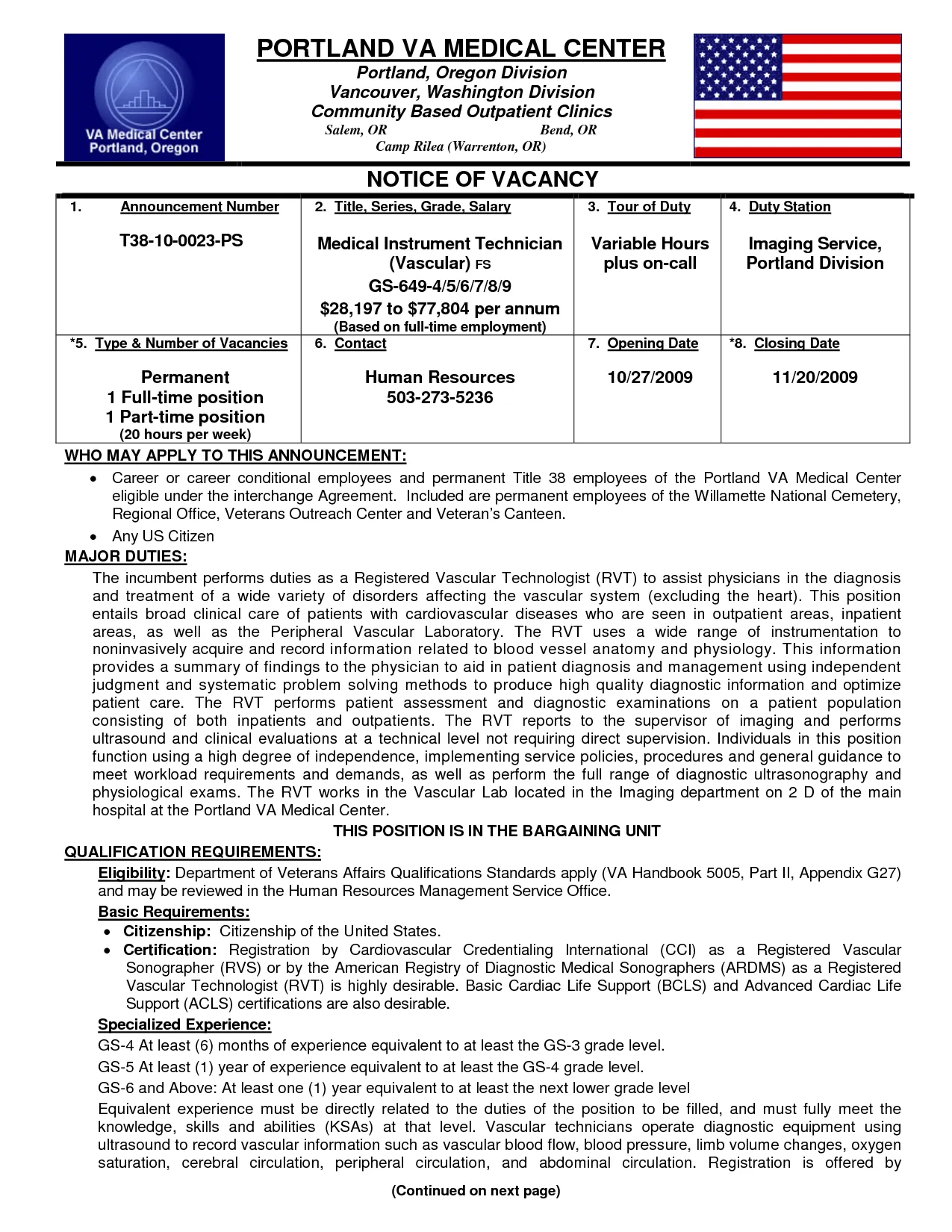
Make it easy for the hiring manager to contact you by including your contact information in your cover letter. Provide your full name, phone number, professional email address, and LinkedIn profile URL. Ensure that your email address is professional and appropriate. Include your contact information at the top of the letter or at the end, before your closing. Double-check your contact details to make sure they are accurate and up-to-date. You want to make it as simple as possible for the hiring manager to reach you. Make it effortless for them to initiate contact. Omitting or providing incorrect contact information can lead to missed opportunities, so always prioritize accuracy and clarity.
Final Thoughts
Crafting a compelling cover letter is an essential step in the job search process for veterans. By understanding the importance of a well-written cover letter, highlighting your military experience effectively, tailoring your letter to the specific job, and avoiding common mistakes, you can significantly increase your chances of landing an interview and securing your dream job. Remember to translate your military skills into civilian terms, quantify your achievements, and showcase your leadership and teamwork abilities. Always proofread your letter carefully and express your enthusiasm for the opportunity. With a strategic approach and attention to detail, you can make a strong impression and stand out from the competition. Your military service has provided you with unique skills and experiences that are highly valued by employers. Use your cover letter as a tool to showcase your qualifications and make a successful transition to civilian employment.
